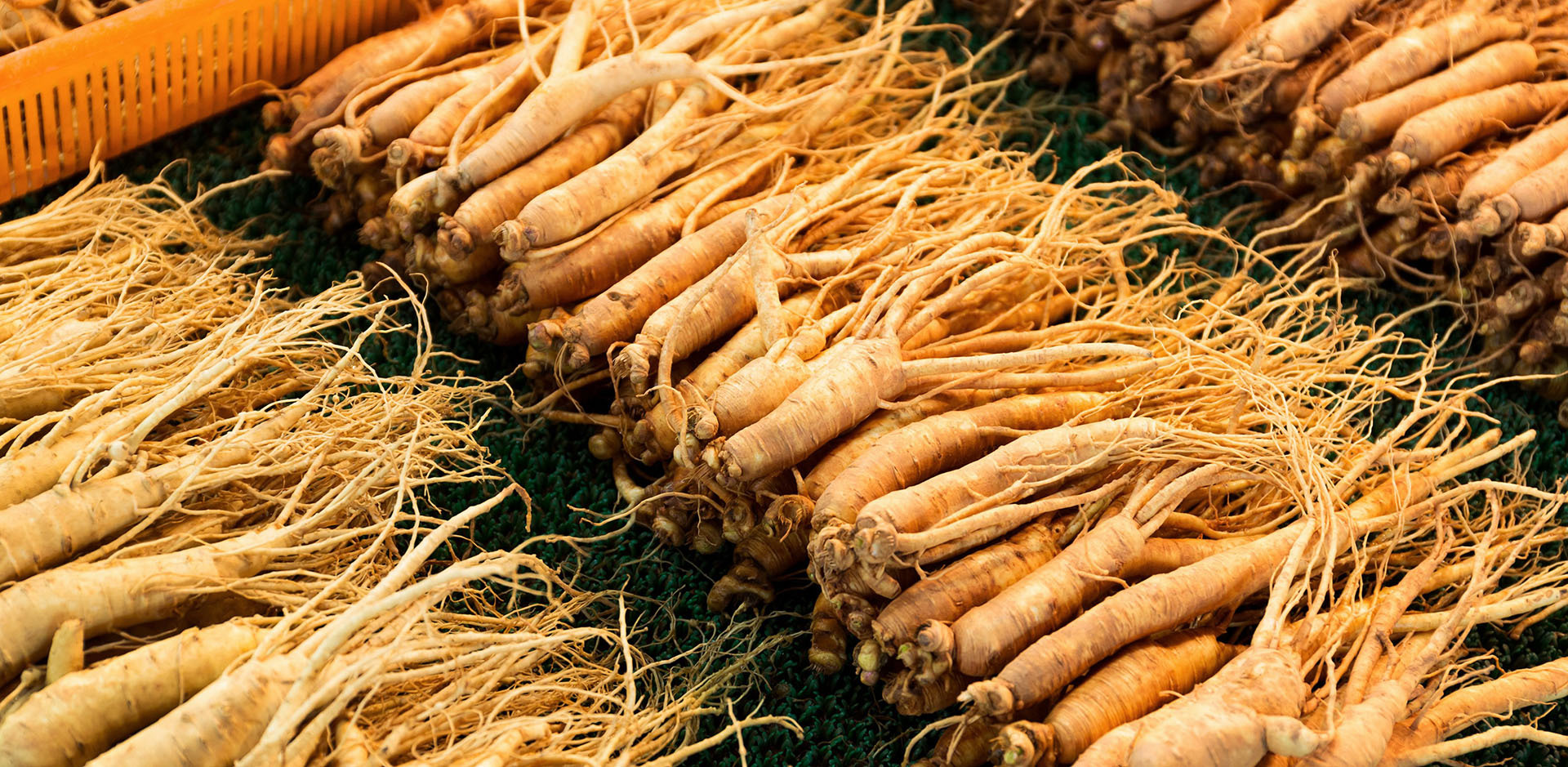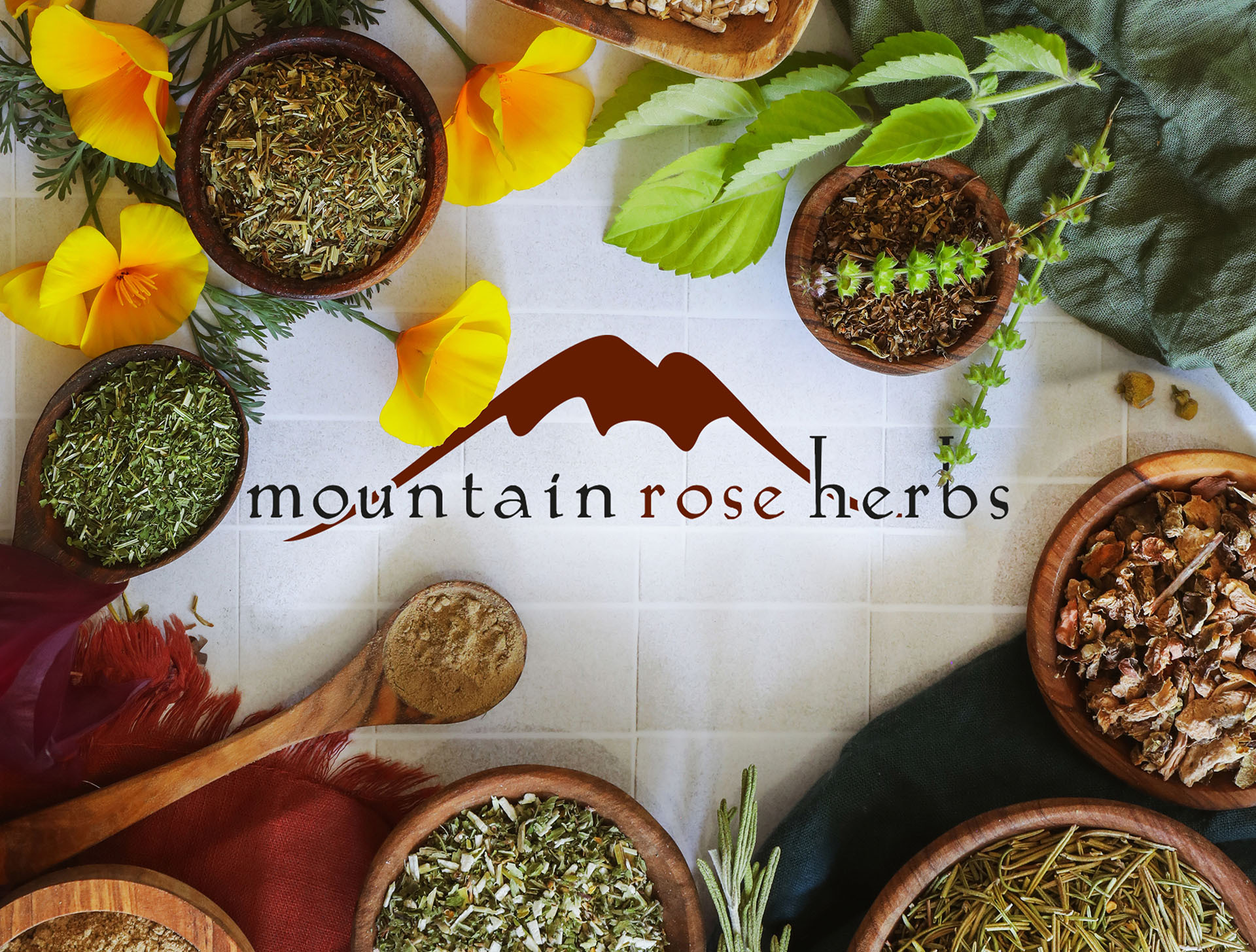Organic Agriculture

Our passion for organics is woven into every fiber of Mountain Rose Herbs' operations, and we believe this is necessary to realize our mission to put people, plants, and planet over profit.
We offer one of the most thorough selections of certified organic herbs, spices, and botanical products and are committed to responsible sourcing. For our customers and the natural environment, we never stock conventionally grown botanicals, and when certified organic materials are not available, we opt for those cultivated without chemicals or synthetic inputs. Many of these are ethically harvested in the wild, thus liberating us from conventional farming dependencies.
When we review plant materials, work with our family of farmers, or review harvesting sites, we always take the health of our customers and the environment into serious consideration. The benefits of supporting the organic movement and moving toward an organic lifestyle are immeasurable. Our offerings are also meticulously analyzed in our Quality Control Lab and sometimes sent to third-party labs for additional testing to ensure they are free from synthetic chemicals.
For food, family, and future, we encourage you to be passionately organic! Here are the issues we tackle through organic agriculture on a daily basis and believe can change the world one botanical at a time.
More Information
Soil requires a symbiotic relationship with everything around, above, and below it, and when this relationship is harmed through chemical means, everything is altered.
Organic farming methods often involve more labor, but take far less of a toll on the environment through soil building, crop rotation, careful harvesting, assimilation of the local environment, and composting. Conventional, non-organic agricultural methods require large amounts of synthetic chemicals and fertilizers, which are directly sprayed on the crops or injected into the ground. This practice destroys billions of life forms found in a simple handful of soil, stripping the land of the essential building blocks of life.
No matter where you live in this world, you are part of a watershed, and that watershed has a name.
Everything you spray, grow, flush, or discard enters your watershed, contributing to the large percentage of rivers, streams, and lakes that are polluted. We believe that direct action is the most effective way to further protect and enhance our watersheds.
That's why we created the Mountain Rose River Project in 2009, a grassroots effort that is entirely coordinated and funded by Mountain Rose Herbs.
When our friends, families, and neighbors choose conventionally grown products over organic goods, our communities and the lives of the farmers who produce the food we rely on are put in peril.
Through a process known as bioaccumulation, all plants absorb nutrients and matter through root uptake. Conventional non-organic farms use thousands of pounds of synthetic agricultural fertilizers, pesticides, and herbicides, which are absorbed by the crops they produce. There is no way to wash away the chemicals that have been absorbed through bioaccumulation.
Organic farming methods do not rely on intensive chemical applications, but rather on composting, natural fertilizers, and green amendments that contribute to healthy plant uptake, which is good for you and good for the planet!
- The EPA estimates that US sales of pesticides in 2000-2001 exceeded $11 billion dollars, thus representing over 2 billion pounds of pesticides being dumped on US farm soil, homes, gardens, schools, golf courses and more. This number is about seven pounds for every man, woman, and child in the entire country.
- There are over 21,000 different pesticides on the US market containing over 875 active compounds. Many of these have been proven to have health implications while the effects of others are still unknown.
- Lawn pesticides and herbicides can cause cancer, infertility, birth defects, developmental disorders, and will double the risk of canine lymphoma in dogs through exposure.
- Since 1945, total U.S. crop losses from insect damage have nearly doubled. During the same time, insecticide use has increased tenfold. Today, 71 known carcinogenic pesticides are sprayed on food crops.
- The EPA estimates that there are approximately 20,000 physician-diagnosed pesticide poisonings each year among agricultural workers. This does not account for those which are unreported.
- Pound for pound, children absorb a higher concentration of pesticides and herbicides than adults.
- According to the US General Accounting Office, only 1 percent of all imported fruits and vegetables are tested by the FDA for illegal pesticide residues.
- The CDC has gone on record as stating, "Pesticides are toxic to life forms by their very design."
Thankfully, most herbs and spices are not in danger of industrial genetic modification, so organic certification is our go-to for insuring that our herbal goodies are grown without synthetic pesticides, fertilizers, GMO seed stock, or irradiation. Taking this commitment one step further, we also have products verified through the Non-GMO Project! Many of the products on this list have been chosen for this certification because they are produced from plant crops that are known to be at risk of GMO contamination.
What's the deal with GMOs? Conventional farms not using organic methods may use genetically modified seeds that are engineered to be pest-resistant and easily grown in poor soil. Genetic engineering is an experimental practice, so we don't yet know the full impact of growing these plants, but the rise of new “superweeds,” more resilient pests, and diseases have been reported. There are other fears that GMO crops can harm non-target species such as insects, birds, bats, and animals that forage from these conventional farms.
As fear continues to mount over the long-term health effects of GMOs, more and more consumers fight for their right to know what's in their food. Without thorough testing, the safety of genetically modified food is unnervingly questionable. The limited safety tests that are currently in place are often conducted by the very companies that use GMO ingredients. This reason alone illustrates the importance of transparency.
Did you know that Certified Organic means non-GMO? Look for products that are certified through the USDA's National Organic Program and certifiers like Oregon Tilth, as well as the Non-GMO Project, to help you avoid GMOs in the products you buy. Or read this resource from the USDA.
Learn more about our Non-GMO Project certifications and offerings.
- Organic Consumers Association: Protecting organic standards for the consumer.
- Pesticide Action Network: A necessary organization that will help you stay informed concerning pesticide issues.
- Organic It's Worth It: A resource guide for organic living.
- NCAP (Northwest Coalition For Alternatives To Pesticides): A nonprofit offering pesticide-free alternatives for the public.

